To visit the Clerc Milon website
you must be of legal drinking age in your country.
By entering this website, you agree to its privacy and data protection policy.



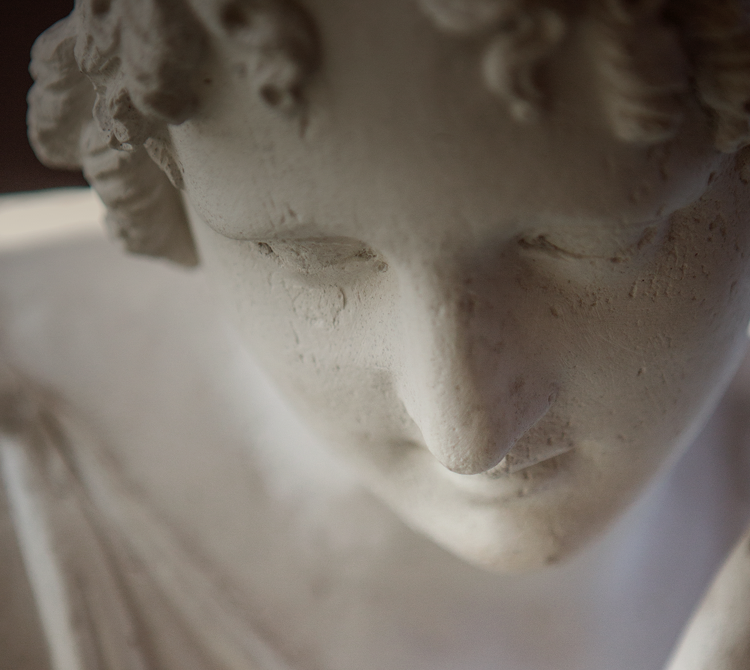
History
& culture
Key dates
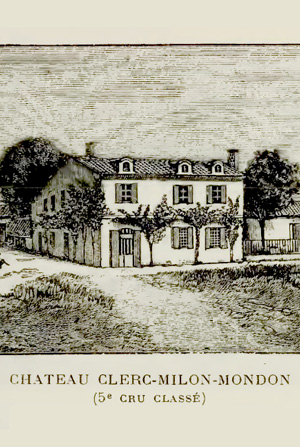
Tied to the Seigneuries of Lafite and Mouton (future First Classified Growths belonging to two different branches of the Rothschild family), Château Clerc Milon derives its name from its historic owners, the Clerc family, who acquired it when it was sold as a national asset after the French Revolution.
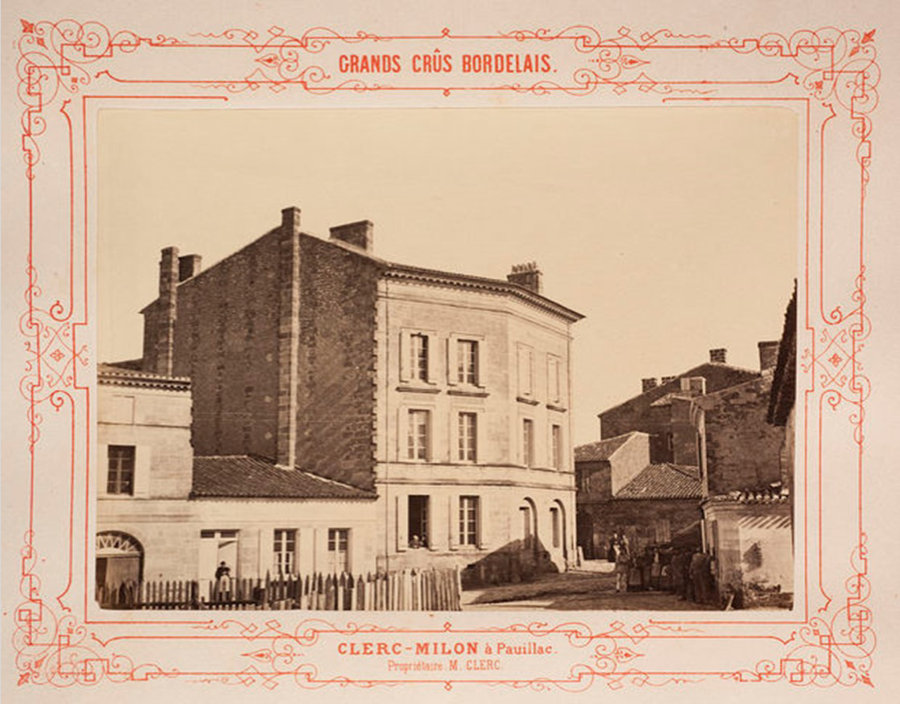
Milon, a reference to the eponymous neighbouring Pauillac hamlet, was added in 1850 to give the estate the name it still bears today. As testimony to the reputation it had acquired, it was included in the 1855 Classification of Médoc and Sauternes Growths.

Baron Philippe de Rothschild purchased Château Clerc Milon, convinced of the high quality of its terroir. He immediately started to renovate the vineyard in order to reveal its personality and give it a special position among Classified Growths.
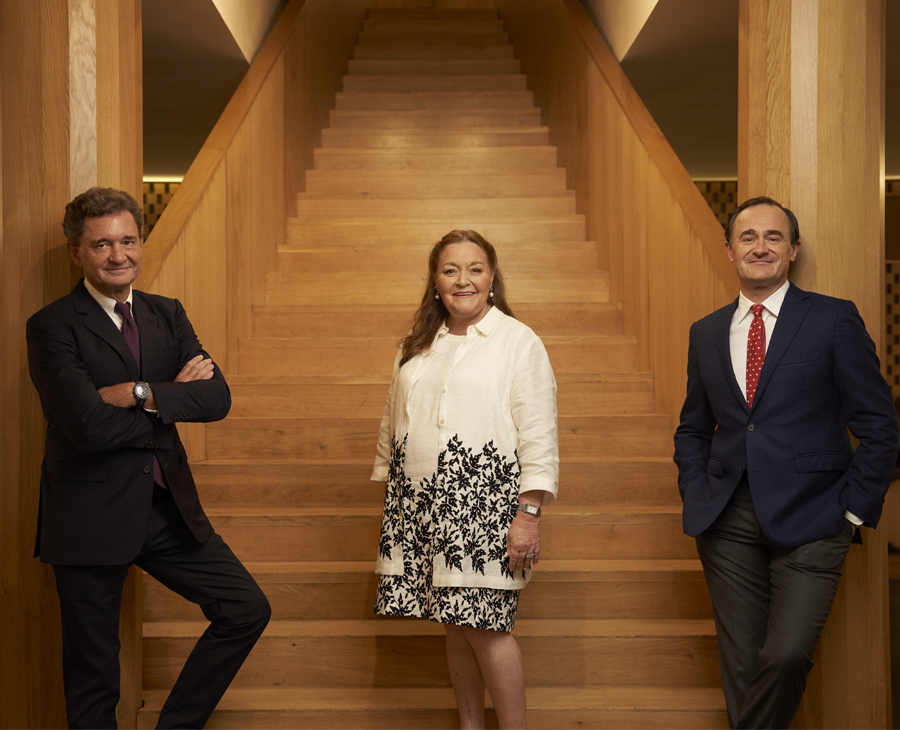
On Baroness Philippine de Rothschild’s death, her children, Camille and Philippe Sereys de Rothschild and Julien de Beaumarchais de Rothschild, took over and in turn continued to develop Château Clerc Milon with the same enthusiasm and quest for modernity.
- 1789
- 1855
- 1970
- 2007
2011 - 2014
-
Tied to the Seigneuries of Lafite and Mouton (future First Classified Growths belonging to two different branches of the Rothschild family), Château Clerc Milon derives its name from its historic owners, the Clerc family, who acquired it when it was sold as a national asset after the French Revolution.

-
Milon, a reference to the eponymous neighbouring Pauillac hamlet, was added in 1850 to give the estate the name it still bears today. As testimony to the reputation it had acquired, it was included in the 1855 Classification of Médoc and Sauternes Growths.

-
Baron Philippe de Rothschild purchased Château Clerc Milon, convinced of the high quality of its terroir. He immediately started to renovate the vineyard in order to reveal its personality and give it a special position among Classified Growths.

-
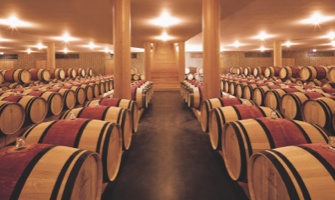
Baroness Philippine de Rothschild continued her father’s work and decided to endow the estate with technical facilities that would reflect the high quality standards she had set herself. A new vat room was inaugurated in 2007, followed in 2011 by a barrel hall and reception rooms.

-
On Baroness Philippine de Rothschild’s death, her children, Camille and Philippe Sereys de Rothschild and Julien de Beaumarchais de Rothschild, took over and in turn continued to develop Château Clerc Milon with the same enthusiasm and quest for modernity.

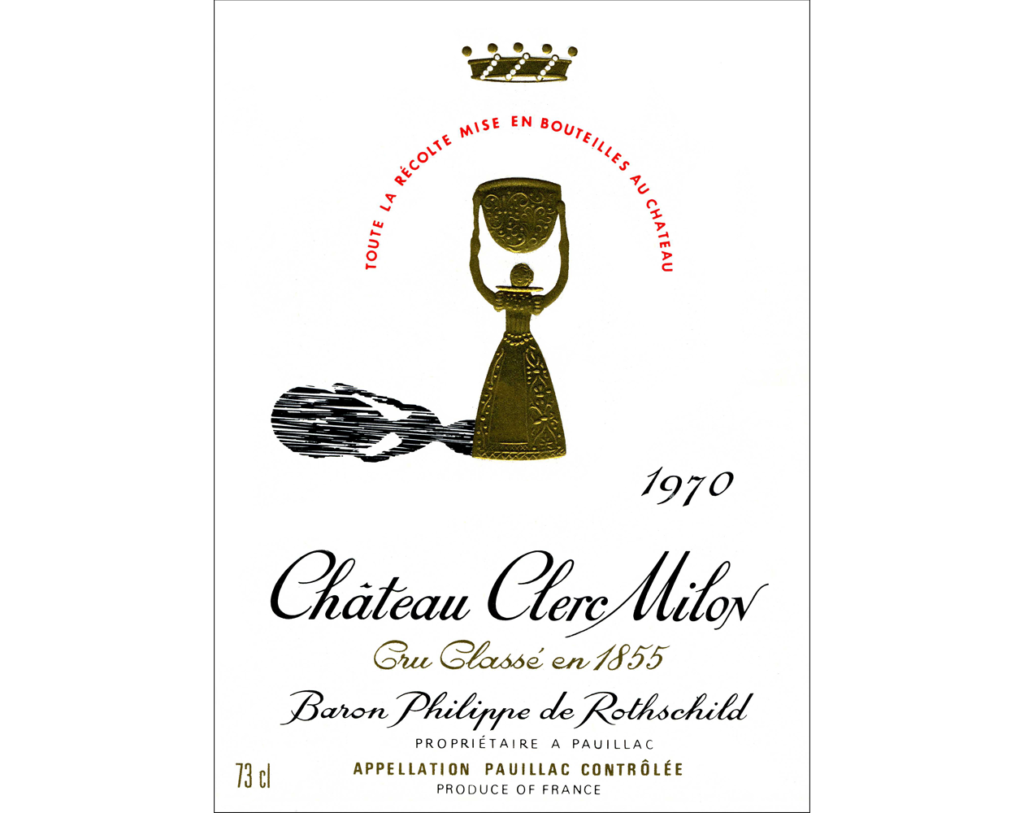
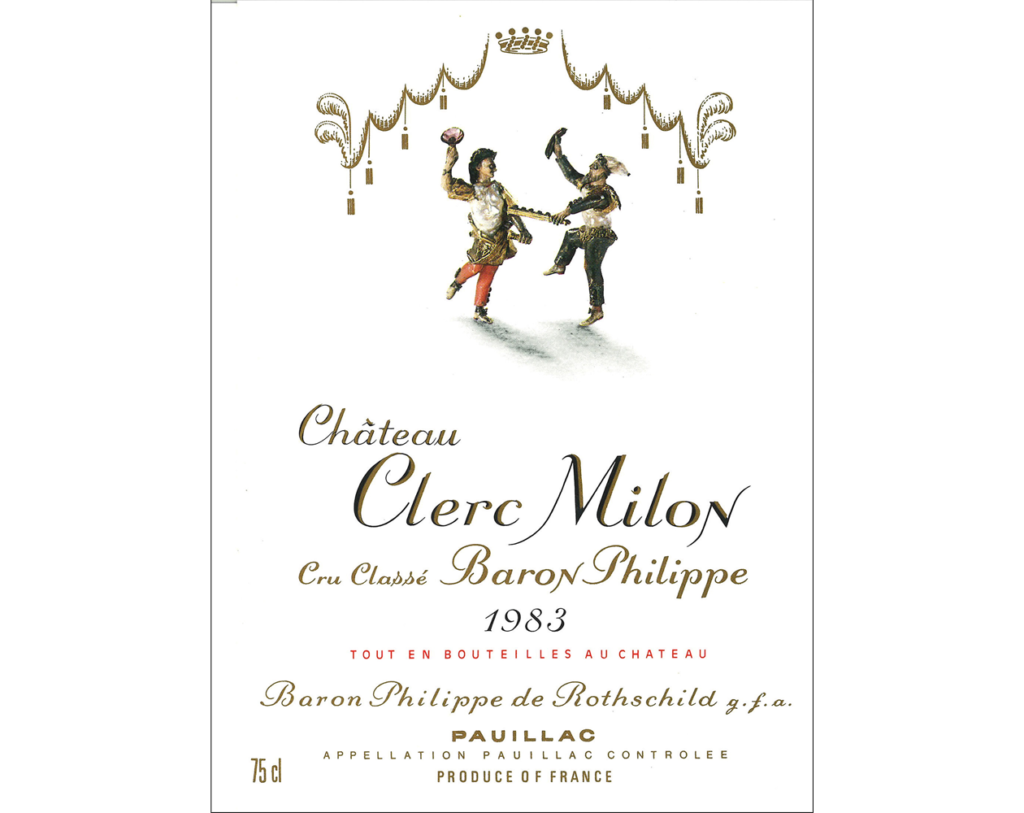
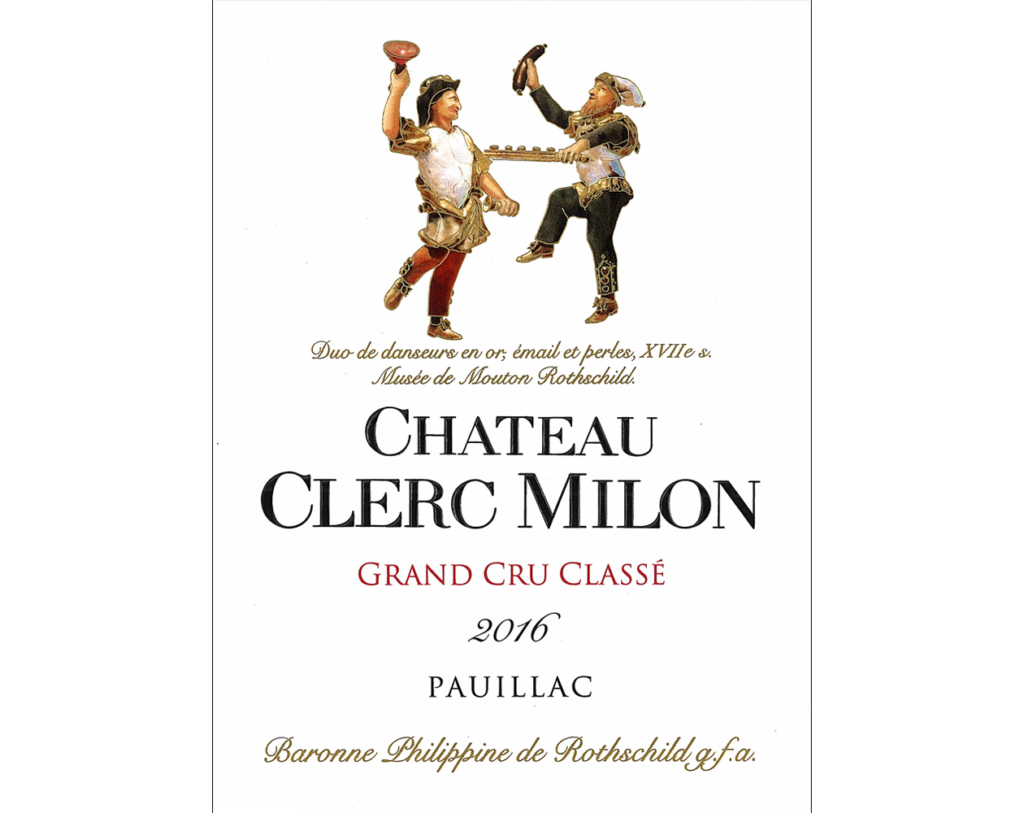
The Label
In 1970, Baron Philippe illustrated the label with a reproduction of a Jungfraubecher, a silver-gilt marriage cup made by a 17th century German goldsmith, that was part of his collection exhibited at the Museum of Wine in Art at Château Mouton Rothschild.
In 1983, it was replaced by a pair of dancers which is also a reproduction of another piece from the museum, a precious miniature made of gold, enamel and pearls that belonged to Catherine II, empress of Russia, and inspired by characters of the Commedia dell’Arte.
Now more than ever, the label embodies Château Clerc Milon, with the wine being known on several international markets as “the two dancers”.
Performing arts
Art is present at all the family estates and an integral part of their character.
Château Clerc Milon, in part through its label, pays particular tribute to the performing arts, Baroness Philippine’s first passion (she was an actress at the Comédie Française for several years before joining the world of wine and the family estates).
After Baroness Philippine’s death, her children, Camille and Philippe Sereys de Rothschild and Julien de Beaumarchais de Rothschild, created the Philippine de Rothschild Corporate Foundation in 2015 to honour her memory through her passion for culture and the arts. The Foundation aims to support cultural activity in the region and give young people access to culture, especially the performing and production arts.
The Clerc Milon Dance Prize was created under its aegis in 2016. At each edition, two talents the Corps de Ballet of the National Opera of Bordeaux reflecting Baroness Philippine’s long-standing links with Bordeaux National Opera further strengthened by her children since. From one generation to the next the tradition of patronage of the arts, always a vocation and a source of pride for the Rothschild family, is thus perpetuated and renewed.






